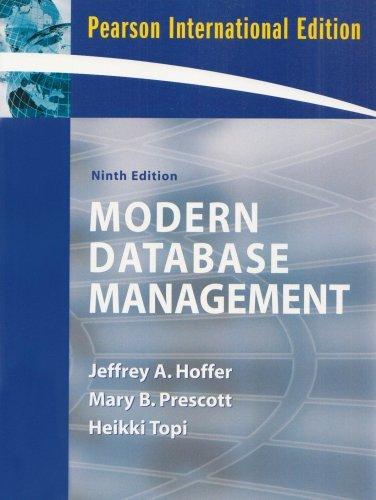Answered step by step
Verified Expert Solution
Question
1 Approved Answer
A positive integer is perfect if it equals the sum of all of its factors, excluding the number itself. Use a list comprehension and the
A positive integer is perfect if it equals the sum of all of its factors, excluding the
number itself. Use a list comprehension and the following function factors:
factors :: Int Int
factors n x x n n mod x
to define a function perfects :: Int Int that returns the list of all perfect numbers up to
a given limit For example in GHCi:
perfects
Hint: define an auxiliary function isperfect :: Int Bool which returns True if the given Int
is perfect, and False otherwise. Then use isperfect as a guard in a list comprehension to filter
out all of the nonperfect integers, ie to keep only the perfect integers.
Step by Step Solution
There are 3 Steps involved in it
Step: 1

Get Instant Access to Expert-Tailored Solutions
See step-by-step solutions with expert insights and AI powered tools for academic success
Step: 2

Step: 3

Ace Your Homework with AI
Get the answers you need in no time with our AI-driven, step-by-step assistance
Get Started


